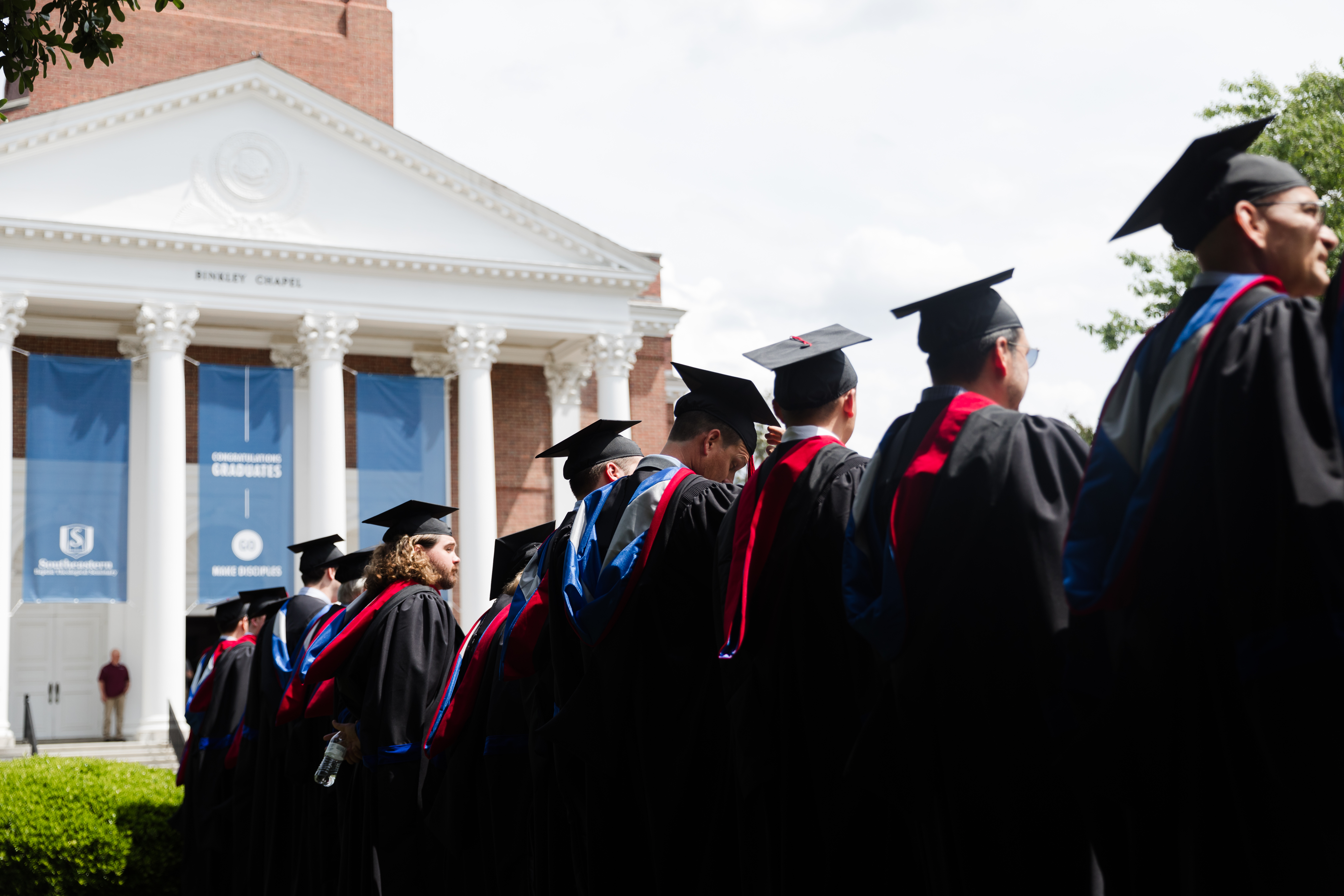Despite its age and the rusted patina, the pike-turned-hoe exuded a kind of beauty. Its transformation, from a deadly instrument to one of life-giving work, felt poetic. There was something profound in the way this weapon had been redefined. It was a reminder of the painstaking process of rebuilding after a period of intense conflict. It stood as a symbol not only of combat, but also of redemption—of the possibility of peace emerging from the ruins of war.
As I scanned through the dealer’s pictures of the relic, I was reminded of a passage from the book of Isaiah. In Isaiah 2:4, the prophet speaks of a time when God, the ultimate judge, will “decide disputes for many peoples; and they shall beat their swords into plowshares, and their spears into pruning hooks; nation shall not lift up sword against nation, neither shall they learn war anymore.” This passage provides a profound promise: one day, the reign of Christ will bring an end to all conflict, when the instruments of war will be transformed into tools that cultivate. Isaiah describes a peace that surpasses anything human politics has achieved or will ever achieve.
As we face the ongoing troubles of this world—wars and rumors of wars, the endless cycle of violence and suffering—it can be easy to lose hope. Every day, we hear reports of conflict, from the bloodshed in Gaza to the devastation in Ukraine, and the toll of these wars seems unending. Modern conflicts often demonstrate that humans pay little attention to the relics of warfare past, that human sinfulness breeds conflict with ease. But the image of the pike-turned-hoe delivers a powerful reminder that ultimate peace is on the horizon.
Isaiah offers hope for a future that is free from violence, a future where the nations no longer lift swords against one another. This everlasting peace, foreshadowed in Isaiah, is found only through Christ. As Paul writes in Ephesians 2:14-22, “For he himself is our peace, who has made the two groups one and has destroyed the barrier, the dividing wall of hostility.” Christ’s reign, both now and in the future, is the fulfillment of Isaiah’s vision: a reign that breaks down barriers, ends hostility, and brings about true, lasting peace.
Until that day comes, we should strive to be peacemakers, seeking to live in a way that shapes tools of conflict into instruments of peace. Just as the Confederate battle pike was transformed into a gardening tool, may we also repurpose our energy, our efforts, and our hearts toward cultivating peace. In living like Christ, may we work the soil of reconciliation, sowing seeds of justice, mercy, and kindness.





No comments have been added.